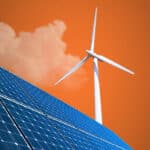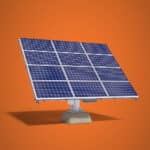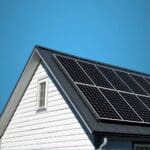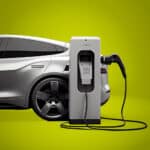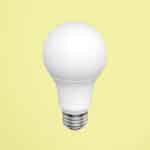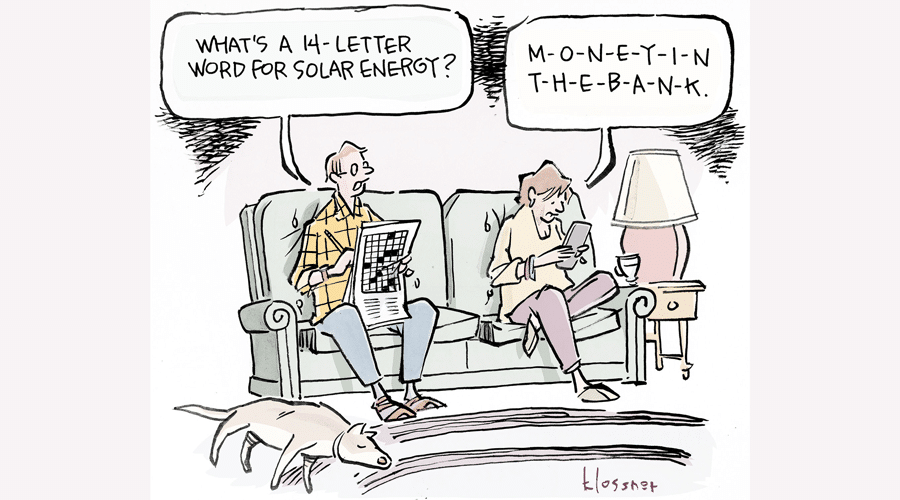Ever wondered how the photovoltaic power of a residential solar + storage system (solar array working in tandem with a battery storage system) uses net metering while producing net zero emissions? Did that sentence make sense to you? If not, you’re probably not the only one.
When it comes to talking about clean energy and renewables, there is so much technical jargon thrown around that the average person can quickly lose interest. The incredible benefits these technologies can bring to our lives – and to the planet – can get lost in terminology that sounds like a foreign language to many of us.
A debate about how cleantech terms need a rebrand emerged on Twitter recently on the hot topic (pun intended) of heat pumps. As worded, these devices sound merely like something involved in heating your home. On the contrary, heat pumps act more like a “home comfort system” that both heat and cool. Even more importantly, they are a readily available climate solution that helps reduce gas emissions and pollution.
In order for the majority of Americans to catch on to clean energy, cleantech gurus need to make these terms more accessible and meaningful. To get this conversation started, we’ve taken a few super important words and phrases in the clean energy lexicon and paired them with some analogies to help them (hopefully) make more sense.
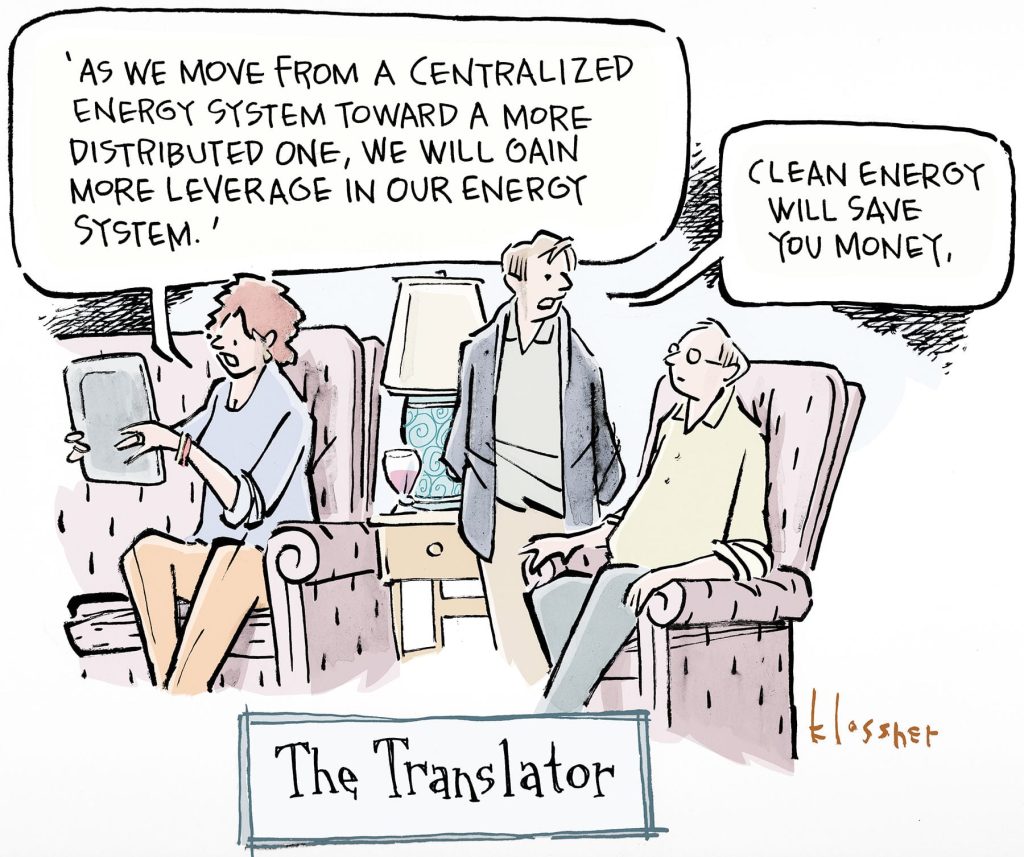
Net metering
Net metering is a techie-sounding term that belies an incredible opportunity to transform people’s relationship to energy in their homes and communities. Are we exaggerating? We’ll say more and you can decide.
Net metering is what allows your solar panels to produce energy from your rooftop while saving you money on your electric bills. If your panels generate extra power from the sun’s rays that you don’t need, your utility company will give you a credit for it (that is, if net metering is offered in your state. It is in most.). This billing mechanism with a boring name should really be called, “sun dollars” or even “energy freedom.”
A 2017 public opinion poll found that most Americans support net metering, including 62% of “very conversative” respondents. However, utilities have long attempted to rollback net metering because it threatens their profits. Legislation is currently on the table in both California and Florida that threatens to repeal net metering altogether (Florida) or regulate it in a way that could benefit utilities (California).
Net-zero
Net-zero: the state in which the amount of non-carbon emitting energy procured by an entity is equal to the amount of carbon-emitting energy used. In other words, buying renewable energy or carbon offsets to balance out the non-renewable energy. It’s like when you eat a full pizza by yourself, and then to make yourself feel better, you immediately go run a marathon to “run it off.”
Net-zero is a very good thing in theory, and many corporations and governments are pledging to become net-zero as part of their climate commitments. But as the New York Times climate desk explains in this helpful overview of climate buzzwords, “when governments or companies pledge to go net-zero, they’re not always promising to stop emitting carbon dioxide altogether. Often they’re saying that they will reduce fossil-fuel emissions… as much as they can and then offset whatever they can’t get rid of through other means.” Critics say commitments that include carbon dioxide removal and other carbon offsets aren’t enough to balance out the emissions that actually get put into the air.
Photovoltaic solar system
That’s the same thing as solar (or solar panels). ‘Nuff said.
Solar + storage
Solar + storage is solar (on your home or business) taken to the next level. On top of having solar power that is connected to the power grid (see next topic below), you also own a battery that can save excess energy generated from your solar panels.
It’s sort of like your crunchy neighbor’s rain barrel. When it’s raining, you have more water than you need even after all your plants have been watered. You’re then storing extra water in this barrel, which you stockpile for when you really need it.
Solar + storage allows you to use energy either from the grid, or your battery–you get to choose. The stored energy in your battery can be used later for personal use or even for others in your community (e.g., as backup power during electricity outages). Schools across the country with solar + storage are serving as emergency centers during times of natural disasters, helping to keep the lights on while also providing emergency power to their neighbors. EnergySage provides a good overview of how solar and storage works.
With its power to protect and mitigate the effects of natural disasters and emergencies, solar + storage should really be called something more heroic like, “resilient power.”
COMEDIANS CONQUERING CLIMATE CHANGE
Check out the latest episode from the podcast
